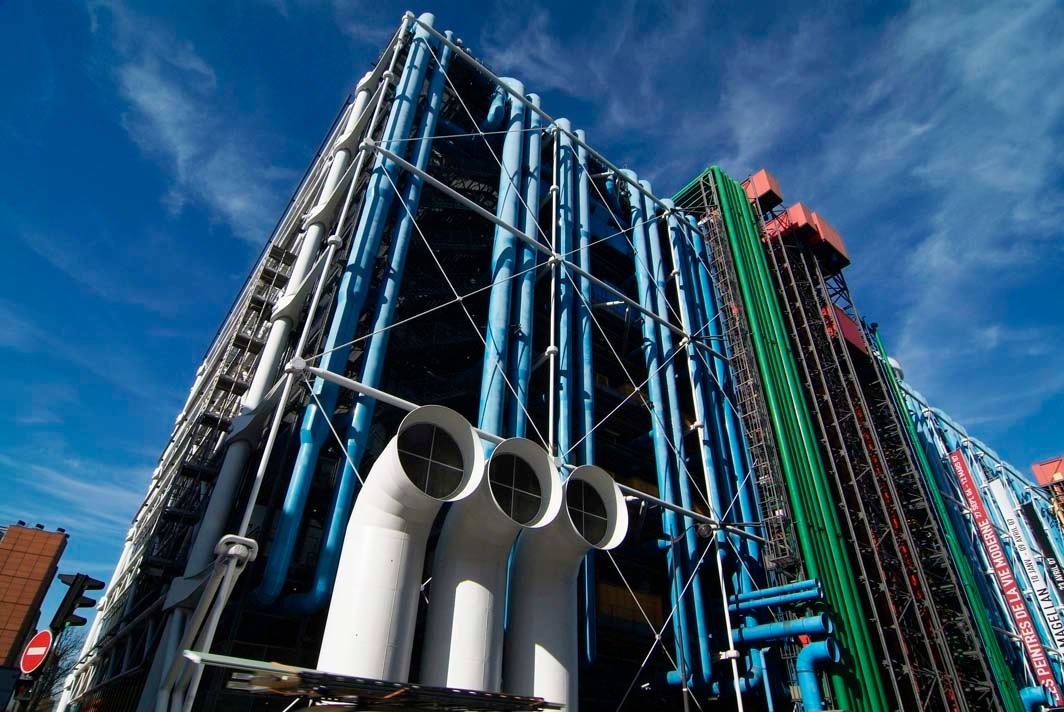During a talk on satellite museums sponsored by the French Embassy at the Guggenheim on April 24, Pompidou Center president Alain Seban revealed that the Pompidou Center’s first foreign satellite will open in Málaga, Spain (Picasso‘s birthplace) in early 2015. It will be housed in a contemporary building under construction at the entrance of the city’s harbor. In January 2014 The Art Newspaper quoted Málaga’s mayor stating that the city would host a satellite of the French museum, but at that time a Pompidou spokesperson said that “nothing is confirmed and negotiations are still ongoing.”
Seban gave further details on the nature of the pop-up locations: they will operate for “three to four years maximum” and will use existing venues that will be upgraded to museum conditions as needed. He added that Mexico will be the next location for a temporary satellite museum and may be followed by Brazil, at which point the Pompidou Center will look into establishing one in France.
Seban described the pop-up Pompidou Centers as a hybrid concept somewhere in between the Pompidou’s outpost in the eastern French city of Metz and its Centre Pompidou Mobile, a traveling museum with modular spaces totaling 7,000 square feet. After operating from fall 2011 through fall 2013, the mobile museum was discontinued due to budget cuts, which suggests that the countries which the Pompidou Center is partnering with will foot a significant portion of the bill. Indeed, in Spain, operating costs of one million euros a year (about $1.2 million) will be financed by Málaga’s city council, according to El País.
The Pompidou Center in Metz, which opened in May 2010, independently programs four to six exhibitions a year, drawing on the collections of the Paris museum. According to Seban, the Pompidou Center-Paris has 100,000 works but can show only about 1,300 on a permanent basis, so the Metz museum has allowed more of the collection to be seen by the public. The Metz outpost cost about €70 million ($86 million) to build.
The temporary pop-up museums involve minimal construction costs, since they will be housed in already-existing buildings. At the Guggenheim talk, Seban also explained why a projected partnership in China fell through, saying that the planned museum was to be permanent and “they don’t want to import a Western brand like the Pompidou.” The lack of permanence may in fact make the pop-up Pompidous easier for everyone to accept.
Image: The Pompidou Center-Paris, by scarletgreen via Flickr

